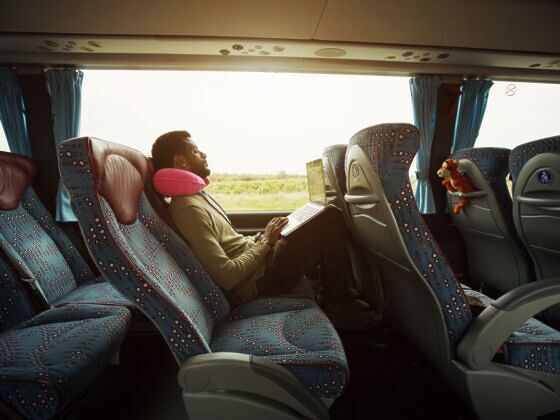Remote work is an emotional rollercoaster. Some days are busy, profitable, productive. Others leave you staring into the laptop in dismay, wondering why you left your desk job and why you’re sitting in a café on the other side of the planet.
I’ve found that even when the stoke level is high, it often takes just one less-than-stellar email to change my mood completely. Perhaps a big contract went to someone else, or that contact I made in Chiang Mai flaked out. There are plenty of rough spots in the digital nomad lifestyle. I’ve been working online for seven years now. In that time, I’ve learned a few tricks to numb the anxieties that come with remote work, as well as hacks for staying on top of the game while on the road.
